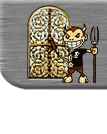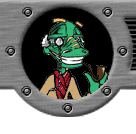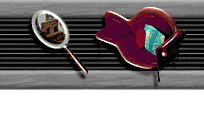





 |
 |
 |
||
 |
 |
 |
||
| |
|
|
|
|
| Home : Pyschodynamic Module : Assignment 1 | ||||||
Explicating Norms
To complete this assignment successfully, you should:
Review these statements for insight into personal beliefs and norms When you find a statement that epresses your needs or wishes in the classroom, just click on it. These beliefs contribute to feeling successful or burned out as we teach. If we recognize these norms, we can work on things that don't match. As you work to develop or refine your discipline plan, remember to review these underlying expectations and scripts. Of course, once you review these, you may also realize that your script matches the experiences you had in school rather than describing the kind of classroom you hope to have. Examining experiences and contrasting them with your vision of great teaching may help balance your discipline plan. Review these statements for insight into personal beliefs and norms
Once you have completed this topic you should: Go on to
Online Reading 2 |
||||||
| E-mail J'Anne Ellsworth at Janne.Ellsworth@nau.edu | ||||||
|
Course Created by J'Anne Ellsworth & Center for Technology Enhanced Learning Copyright
© 2001 Northern Arizona University |
 |
 |
 |
 |
 |
|